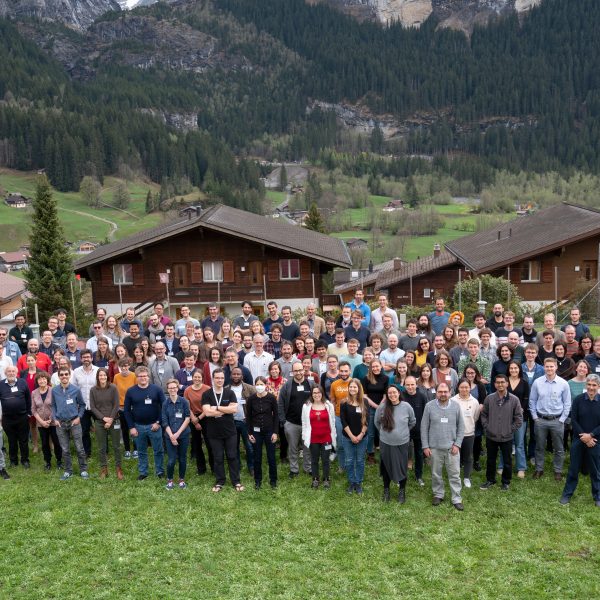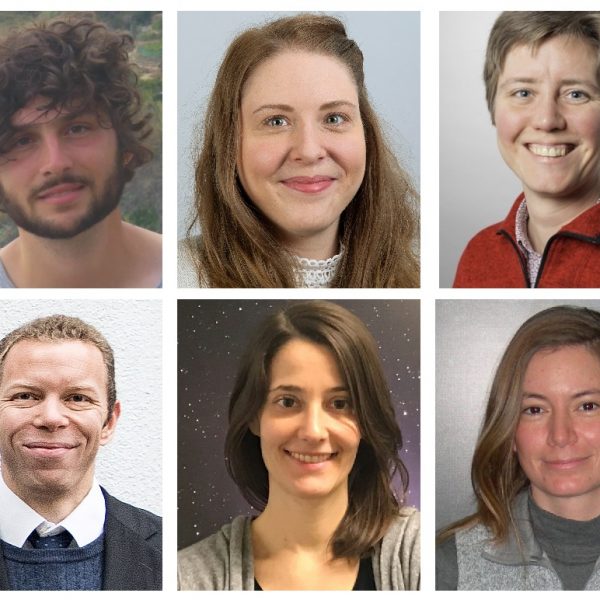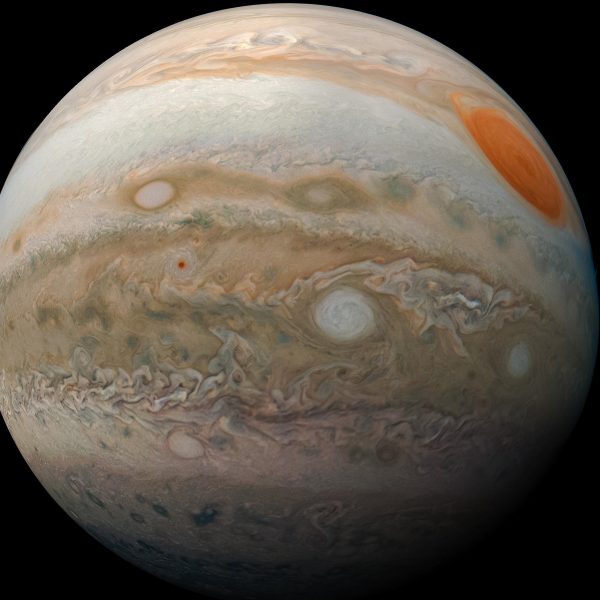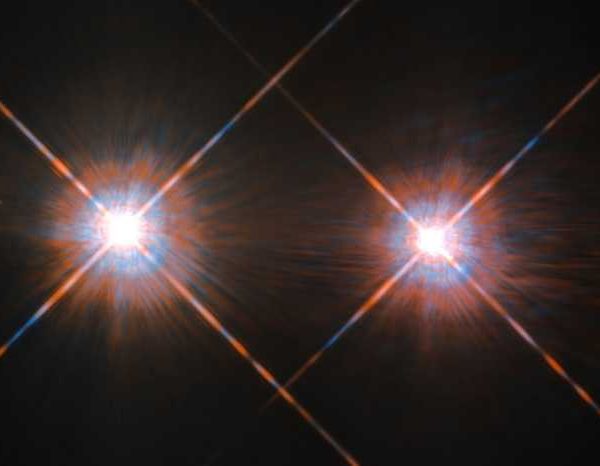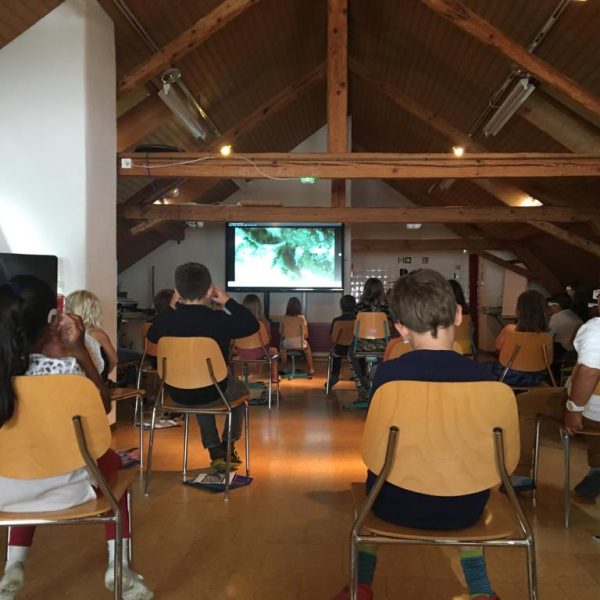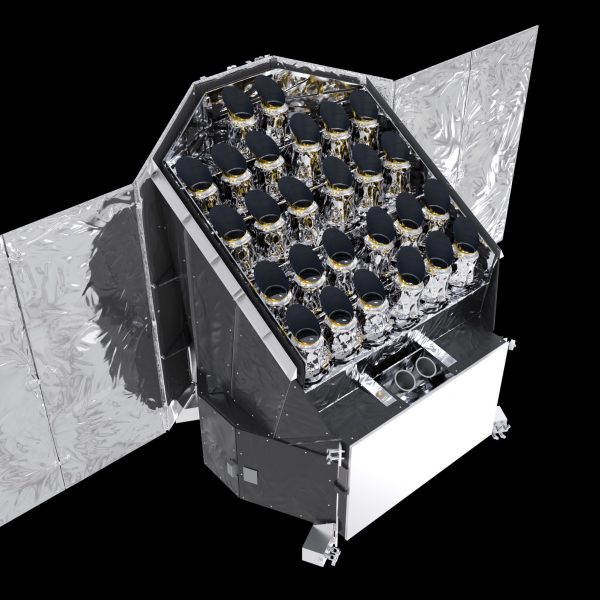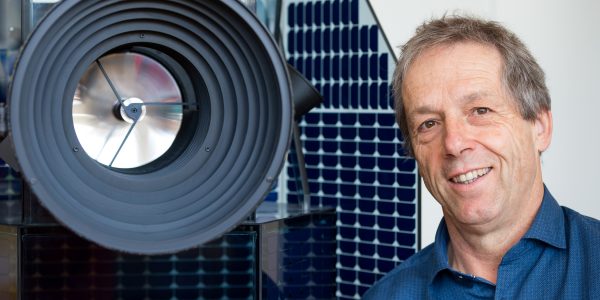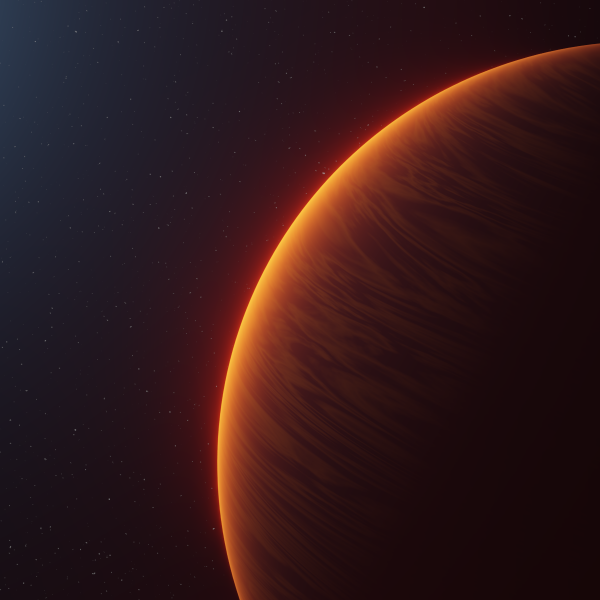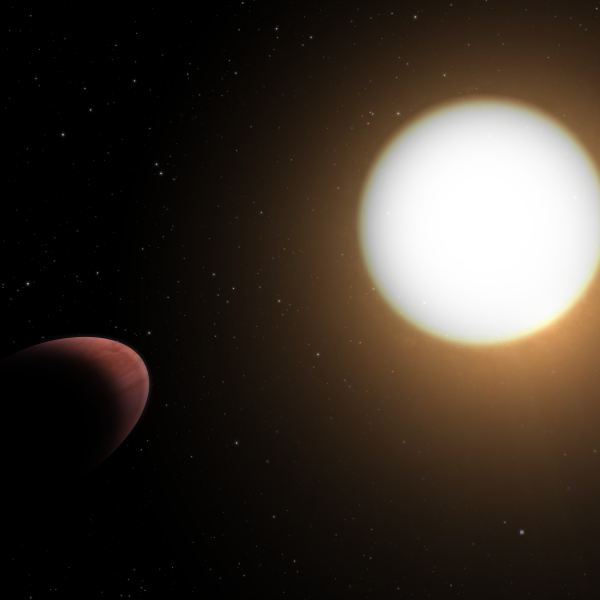Author Archive
General Assembly 2022 in Grindelwald
The first in-person General Assembly in two years took place in Grindelwald. Nearly 150 members and associates, as well as the Advisory Board, gathered there to present and listen to each other’s research progress, catch up with or meet colleagues in-person for the first time and overall enjoyed a very rewarding time. After two years […]
Continue ReadingPrestigious Grants and Honors of PlanetS members
Despite the difficulties that the pandemic brought with it, our members have been incredibly successful in applying for prestigious grants and were honored with exceptional awards and prizes. Below follows an overview of some of the more recent examples. Paolo Sossi (ETHZ) and Brice Demory (UBE) won Starting and Consolidator Grants from the European […]
Continue ReadingA closer look at Jupiter’s origin story
Researchers of the University of Zurich (UZH) and the National Centre of Competence in Research (NCCR) PlanetS have investigated Jupiter’s formation history in great detail. Their results suggest that the giant planet migrated far from its origin and collected large amounts of material on its journey. One of the most important open questions in planetary […]
Continue ReadingImagining an Earthly neighbour
We do not yet know whether the Sun-like stars closest to us, the α Centauri A/B binary, harbour an Earth-like planet. However, thanks to new modelling work, we now have a good sense of what such a planet, should it exist, would look like and how it might have evolved. Text by Andreas Trabesinger These […]
Continue ReadingThe astronomer in your class room
“How many planets has she been to?”, the 8- and 9-year-old pupils asked their teacher. “Well, she’s a scientist, not an astronaut, and scientists generally stay on Earth,” the teacher replied. Despite the disappointment that I could not tell them about my adventures on other planets, the pupils of the Bernese primary school were very […]
Continue Reading“Luck is an important factor – that is difficult to digest.”
Martin Turbet was a member of the NCCR PlanetS for three years and received a Marie Curie fellowship from the EU during this time. Now he was selected for a permanent position as a CNRS research scientist working in Paris. Here, he talks about his multidisciplinary research, the role of luck in academia and gives […]
Continue ReadingHow Switzerland contributes to PLATO
ESA’s next-generation planet-hunting mission received the green light to continue with its development after the critical milestone review concluded successfully in January. Switzerland plays a key role in this special undertaking. How many rocky, Earth-like planets are there, out there vastness of the cosmos? How many orbit a star similar to our Sun? How many […]
Continue ReadingEditorial
As we seem to slowly emerge from all the restrictive measures associated with the COVID-19 pandemic, we rediscover not only our offices but also the coffee-breaks and the smiles on the faces of our colleagues. Everyone is eager to dive again at full speed together with her/his colleagues into a busy but exciting research life. […]
Continue ReadingExtreme exoplanet has a complex and exotic atmosphere
An international team including researchers from the University of Bern and the University of Geneva as well as the National Centre of Competence in Research (NCCR) PlanetS analyzed the atmosphere of one of the most extreme known planets in great detail. The results from this hot, Jupiter-like planet that was first characterized with the help […]
Continue ReadingCHEOPS reveals a rugby ball-shaped exoplanet
With the help of the CHEOPS space telescope, an international team including researchers from the Universities of Bern and Geneva as well as the National Centre of Competence in Research (NCCR) PlanetS, was able to detect the deformation of an exoplanet for the first time. Due to strong tidal forces, the appearance of the planet […]
Continue Reading
